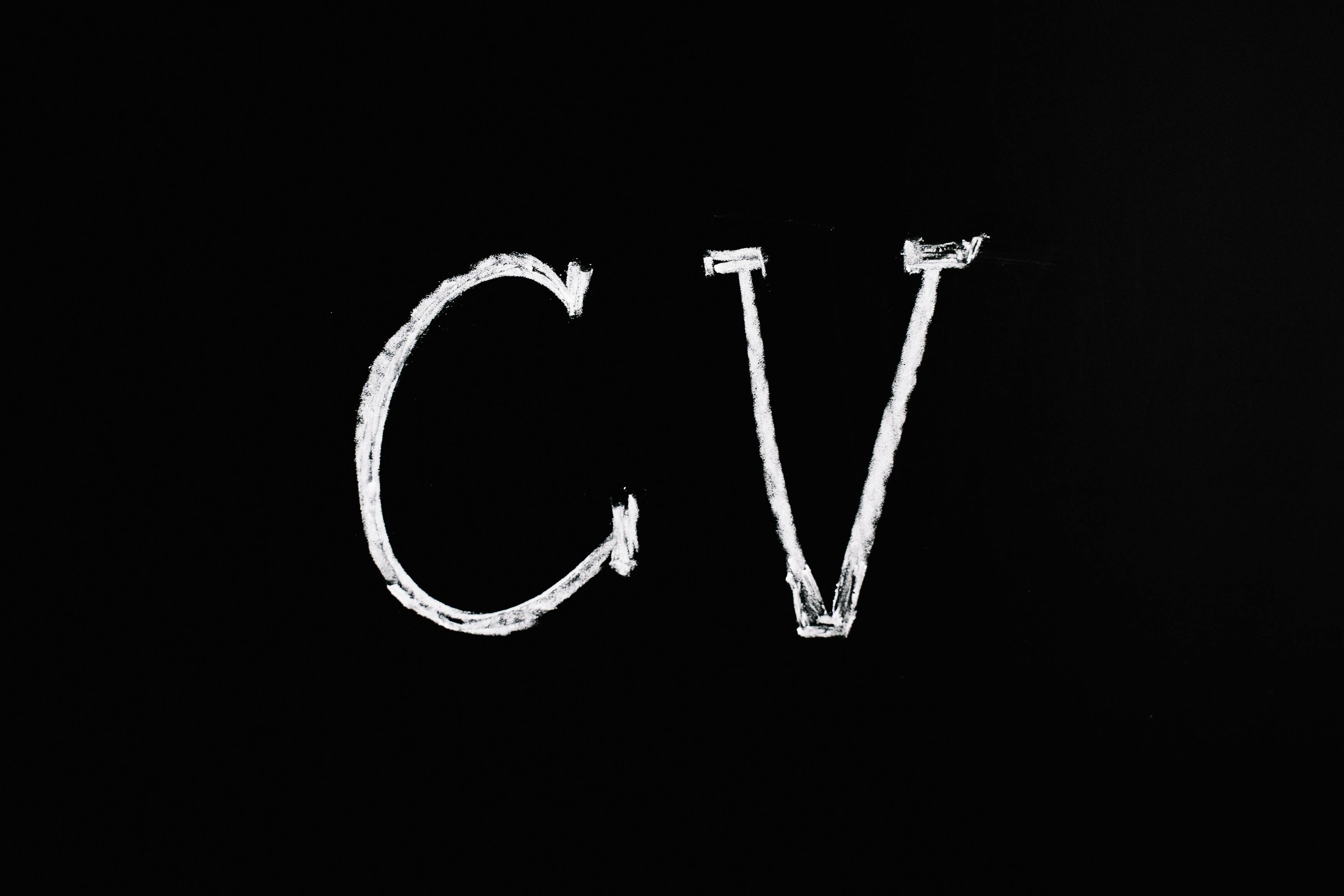


Category: General
Nov 13, 2024
The Fallacy of "X Years of Experience" in Job Postings
Are we stuck in an outdated hiring paradigm?
I recently came across a study that reinforced my dislike of one of the most common requirements in job postings: "X years of experience." This statement is often meaningless and not helpful for finding the right candidate. Why? The number of years in a role is not an indication of expertise.
Research shows that after the initial learning curve, many professionals don't significantly improve their skills just by accumulating more years on the job. What matters is the quality of that experience and continuous learning. Orlando Bloom, in a recent TV show, Learned to fly a wingsuit. This usually takes at least 200 jumps and many months of practice. Bloom did it in two months.
How do you think that the mechanic with 20 years of experience working on classic cars, would fare if asked to service the complex supercars of today?
Expertise is about Pattern Recognition. True experts don't just have more time in a field; they've developed superior pattern recognition through deliberate practice and feedback. For some, this can happen in 2 years; for others, it never happens even after 20 years.
Strict year requirements can exclude talented individuals who may have gained equivalent skills through non-traditional paths or intensive, quality experiences in less time.
In many industries, especially tech, the landscape changes so quickly that someone with fewer years but more recent, relevant experience might be better suited for a role.
Sometimes, fresh perspectives from those with less traditional experience can drive innovation and new solutions.
Instead of asking for "X years of experience," what if we focused on:
Demonstrable skills and achievements
Problem-solving abilities
Adaptability and learning capacity
Relevant project experience
It's time for our hiring practices to evolve to match the dynamic nature of modern work.
#Hiring #TalentAcquisition #WorkforceDevelopment #HR
Are we stuck in an outdated hiring paradigm?
I recently came across a study that reinforced my dislike of one of the most common requirements in job postings: "X years of experience." This statement is often meaningless and not helpful for finding the right candidate. Why? The number of years in a role is not an indication of expertise.
Research shows that after the initial learning curve, many professionals don't significantly improve their skills just by accumulating more years on the job. What matters is the quality of that experience and continuous learning. Orlando Bloom, in a recent TV show, Learned to fly a wingsuit. This usually takes at least 200 jumps and many months of practice. Bloom did it in two months.
How do you think that the mechanic with 20 years of experience working on classic cars, would fare if asked to service the complex supercars of today?
Expertise is about Pattern Recognition. True experts don't just have more time in a field; they've developed superior pattern recognition through deliberate practice and feedback. For some, this can happen in 2 years; for others, it never happens even after 20 years.
Strict year requirements can exclude talented individuals who may have gained equivalent skills through non-traditional paths or intensive, quality experiences in less time.
In many industries, especially tech, the landscape changes so quickly that someone with fewer years but more recent, relevant experience might be better suited for a role.
Sometimes, fresh perspectives from those with less traditional experience can drive innovation and new solutions.
Instead of asking for "X years of experience," what if we focused on:
Demonstrable skills and achievements
Problem-solving abilities
Adaptability and learning capacity
Relevant project experience
It's time for our hiring practices to evolve to match the dynamic nature of modern work.
#Hiring #TalentAcquisition #WorkforceDevelopment #HR
Are we stuck in an outdated hiring paradigm?
I recently came across a study that reinforced my dislike of one of the most common requirements in job postings: "X years of experience." This statement is often meaningless and not helpful for finding the right candidate. Why? The number of years in a role is not an indication of expertise.
Research shows that after the initial learning curve, many professionals don't significantly improve their skills just by accumulating more years on the job. What matters is the quality of that experience and continuous learning. Orlando Bloom, in a recent TV show, Learned to fly a wingsuit. This usually takes at least 200 jumps and many months of practice. Bloom did it in two months.
How do you think that the mechanic with 20 years of experience working on classic cars, would fare if asked to service the complex supercars of today?
Expertise is about Pattern Recognition. True experts don't just have more time in a field; they've developed superior pattern recognition through deliberate practice and feedback. For some, this can happen in 2 years; for others, it never happens even after 20 years.
Strict year requirements can exclude talented individuals who may have gained equivalent skills through non-traditional paths or intensive, quality experiences in less time.
In many industries, especially tech, the landscape changes so quickly that someone with fewer years but more recent, relevant experience might be better suited for a role.
Sometimes, fresh perspectives from those with less traditional experience can drive innovation and new solutions.
Instead of asking for "X years of experience," what if we focused on:
Demonstrable skills and achievements
Problem-solving abilities
Adaptability and learning capacity
Relevant project experience
It's time for our hiring practices to evolve to match the dynamic nature of modern work.
#Hiring #TalentAcquisition #WorkforceDevelopment #HR

Jan 31, 2025
The Hidden Crisis in Business: When Optimization Masks a Lack of True Differentiation
When revenue stalls, leaders rush to optimize processes, trim costs, and demand more from teams. But what if the problem isn’t how well you’re executing—it’s that no one cares what you’re executing?

Jan 11, 2025
Strategy vs. Execution: Why Execution Must Come First
There’s a popular saying in business: “Vision without execution is just hallucination.” While a bit tongue-in-cheek, it captures an important lesson. Regardless of how impressive or innovative your strategy might be, if your organization can’t implement it effectively, the strategy itself is doomed.

Jan 10, 2025
From the Control Tower to the Corner Office: A Lesson in Leadership and Communication
As an air traffic controller, proactive thinking is survival. You predict weather changes, anticipate pilot error, and arrange flight paths with near-clairvoyant foresight. In corporate leadership, being proactive is equally critical. But in business, you have an entire workforce that needs to understand why you’re making the calls that you do.

Jan 31, 2025
The Hidden Crisis in Business: When Optimization Masks a Lack of True Differentiation
When revenue stalls, leaders rush to optimize processes, trim costs, and demand more from teams. But what if the problem isn’t how well you’re executing—it’s that no one cares what you’re executing?

Jan 11, 2025
Strategy vs. Execution: Why Execution Must Come First
There’s a popular saying in business: “Vision without execution is just hallucination.” While a bit tongue-in-cheek, it captures an important lesson. Regardless of how impressive or innovative your strategy might be, if your organization can’t implement it effectively, the strategy itself is doomed.

Jan 31, 2025
The Hidden Crisis in Business: When Optimization Masks a Lack of True Differentiation
When revenue stalls, leaders rush to optimize processes, trim costs, and demand more from teams. But what if the problem isn’t how well you’re executing—it’s that no one cares what you’re executing?
NeWTHISTle Consulting
DELIVERING CLARITY FROM COMPLEXITY
Copyright © 2024 NewThistle Consulting LLC. All Rights Reserved
NeWTHISTle Consulting
DELIVERING CLARITY FROM COMPLEXITY
Copyright © 2024 NewThistle Consulting LLC. All Rights Reserved
NeWTHISTle Consulting
DELIVERING CLARITY FROM COMPLEXITY
Copyright © 2024 NewThistle Consulting LLC. All Rights Reserved
